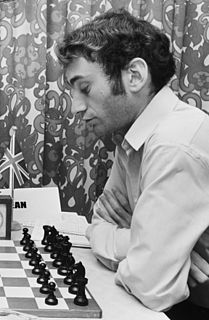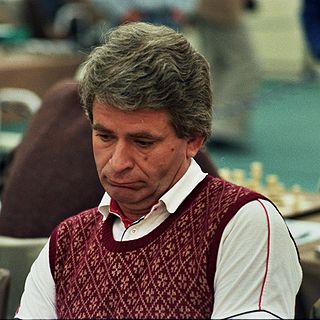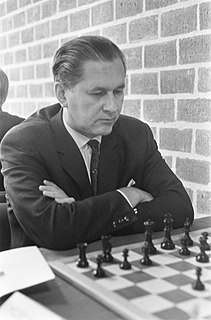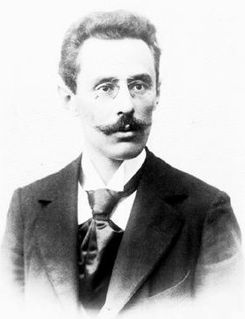A Quote by Michael Stean
The most important feature of the Chess position is the activity of the pieces. This is absolutely fundamental in all phases of the game: Opening, Middlegame and especially Endgame. The primary constraint on a piece's activity is the Pawn structure
Related Quotes
Even in the King's Gambit ... White is no longer trying to attack at all costs. He has had to adapt his approach and look for moves with a solid positional foundation ... As often as not, his strategy consists of stifling Black's activity and then winning in an endgame thanks to his superior pawn structure.
My first pieces, in an art context, were ways to get myself off the page and into real space. These photographic pieces were ways to, literally, throw myself into my environment. They were photographs not of an activity, but through an activity; the activity (once I planted a camera in the instrument of that activity - once I, simply, held a camera in my hands) could produce a picture.
Jesus didn't come to earth to establish a new religion. He came to restore a broken relationship. He came to make the primary, primary again. The secondary activity of obedience to the law of God was always intended to serve the primary activity: to love God and enjoy Him forever. When that is primary, the secondary becomes a labor of love, a joyful, and "easy" burden to bear. (Matthew 11:28-30

































